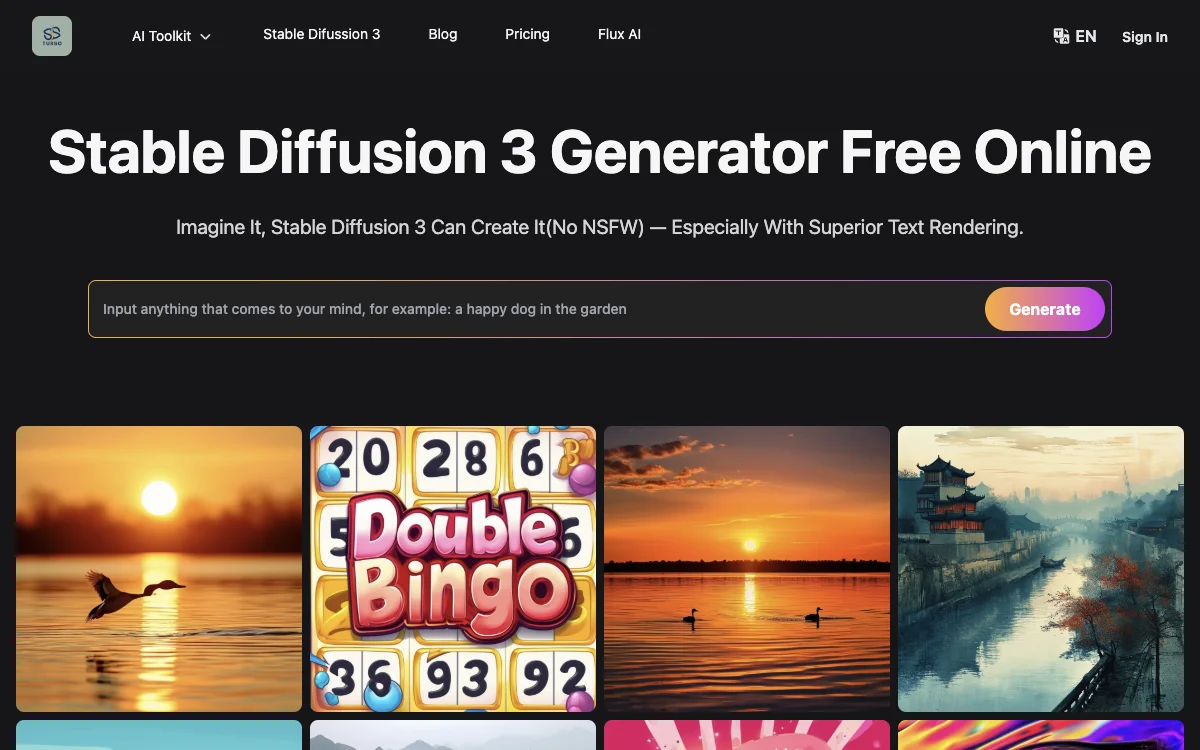Stable Diffusion 3, developed by Stability AI, represents a significant leap forward in the field of AI-powered image generation. This latest iteration builds on the success of its predecessors, introducing enhanced capabilities that push the boundaries of creativity and technology. With its advanced text-to-image generation algorithms, Stable Diffusion 3 offers users an unprecedented level of quality and versatility, enabling the creation of detailed and complex visuals from simple textual prompts.
One of the standout features of Stable Diffusion 3 is its improved text comprehension, which allows for more accurate and nuanced interpretations of complex prompts. This, combined with its multimodal capabilities, enables the model to process and integrate different types of data, such as text and images, to generate outputs that are rich in detail and context. Additionally, the potential for video generation opens new horizons for content creators, offering a tool that can bring static images to life.
Accessibility is a key focus of Stable Diffusion 3, with SDXLTurbo.ai offering free access to the model. This initiative not only broadens the user base but also encourages a diverse range of applications and innovations, from graphic design and digital marketing to filmmaking and game development. By democratizing access to cutting-edge technology, Stable Diffusion 3 is poised to reshape the creative landscape, making high-quality visual content creation more accessible to all.
The impact of Stable Diffusion 3 extends across various industries, offering a new level of artistic freedom and efficiency. Graphic designers can leverage the model to quickly generate and iterate on complex visual concepts, significantly reducing the time from ideation to finished product. In digital marketing, the ability to produce high-quality, customized imagery on demand opens up new possibilities for personalized advertising campaigns. Filmmakers and animators can explore the model's potential for generating detailed backgrounds or conceptual art for storyboarding, while game developers can use it to create textures, characters, or entire environments, streamlining the game development process.
Educators and researchers can also benefit from Stable Diffusion 3, utilizing it to produce illustrative visuals for academic materials, making complex subjects more accessible and engaging. With its blend of advanced technical capabilities, ease of use, and accessibility, Stable Diffusion 3 marks a significant milestone in the evolution of AI-powered creative tools, heralding a new era of content creation where the barriers between imagination and realization are further diminished.

